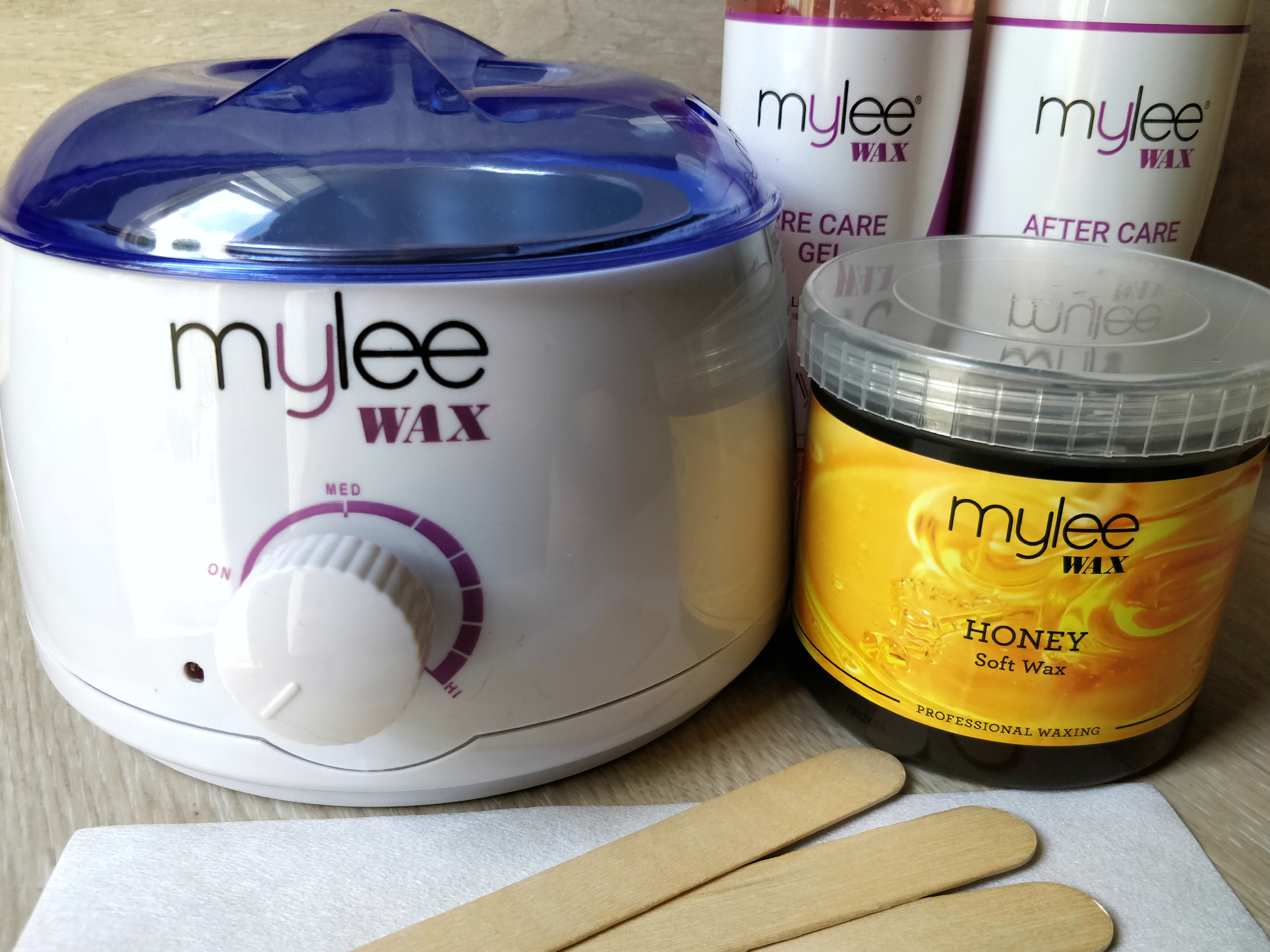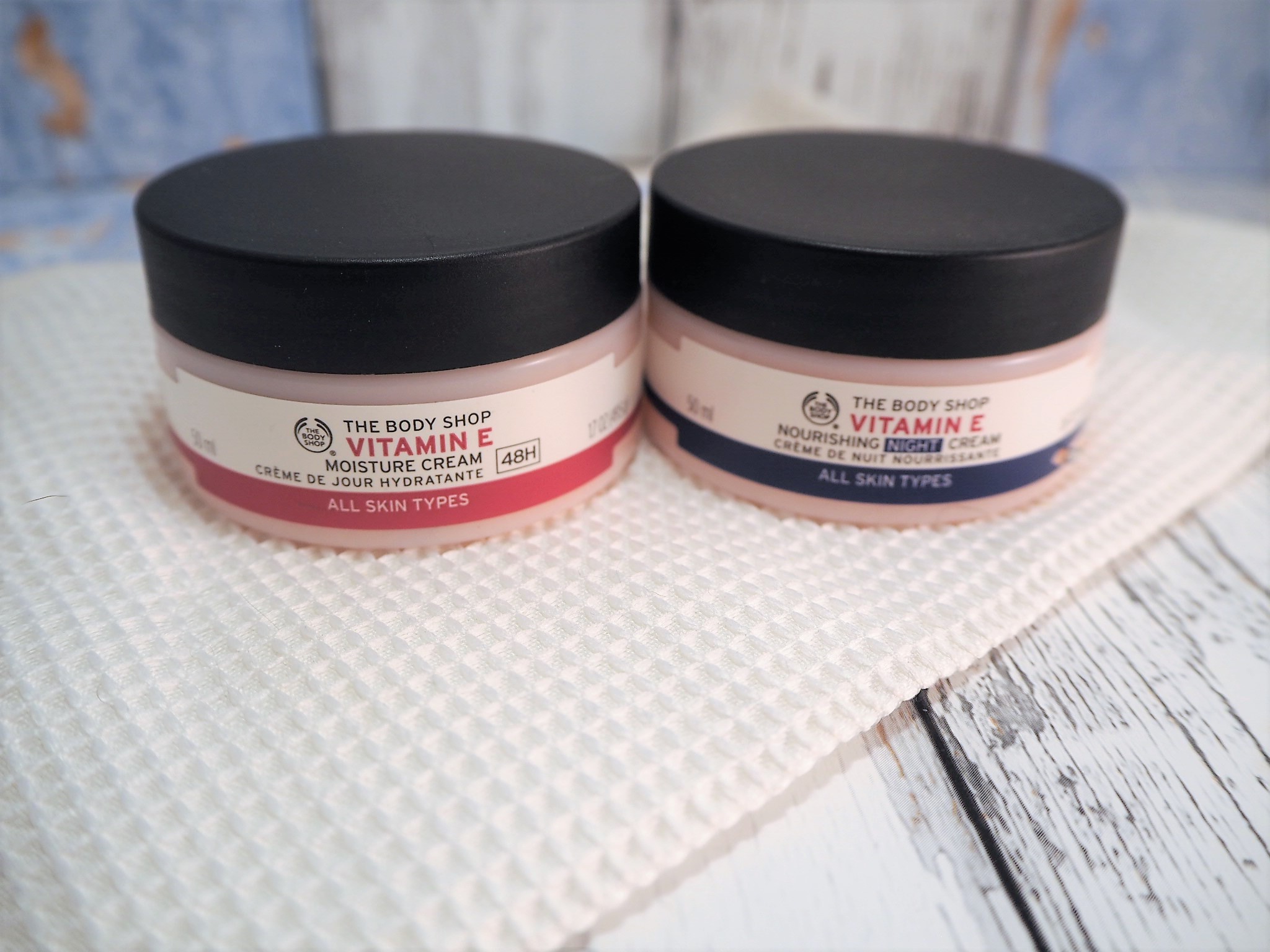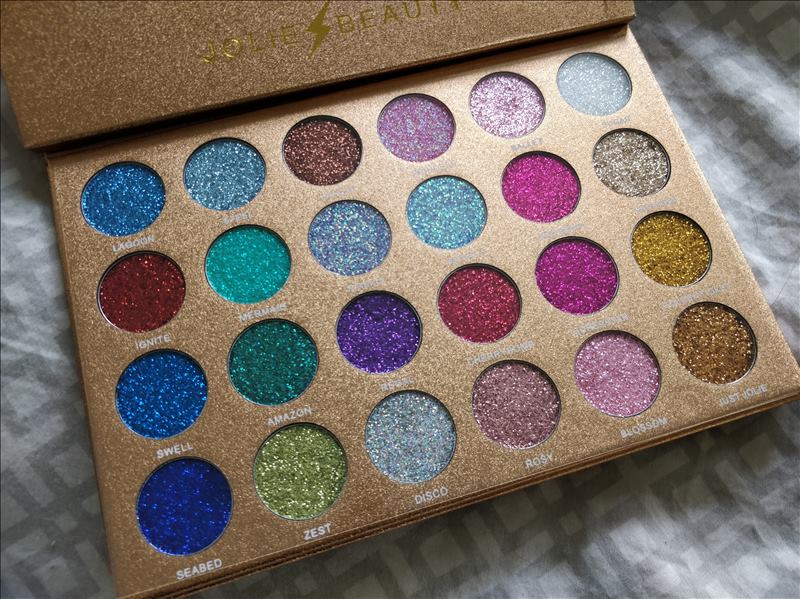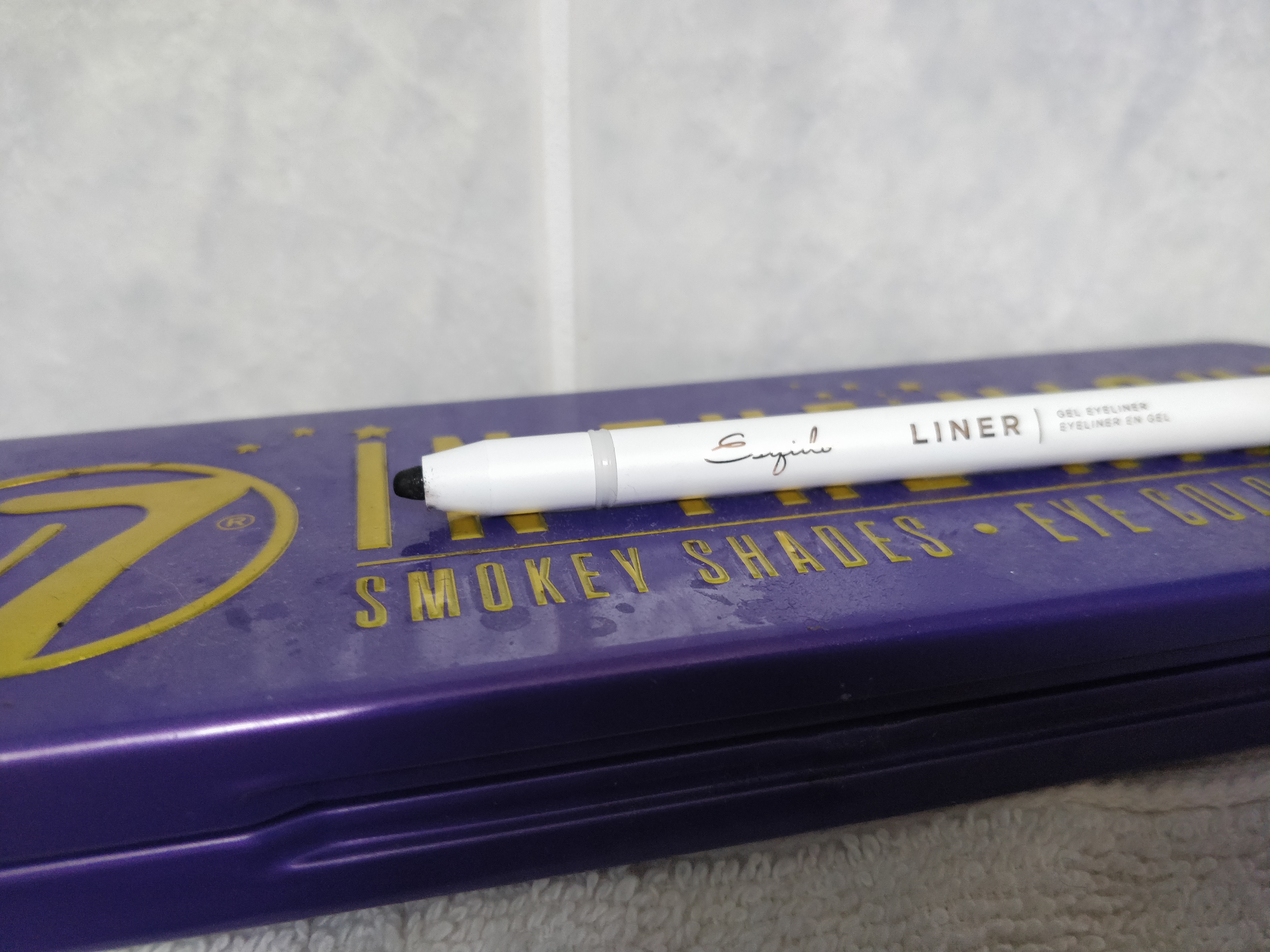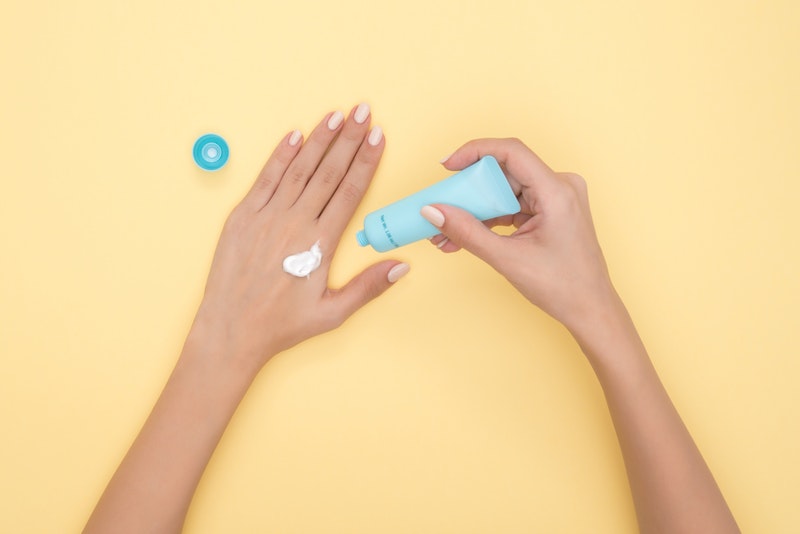5 Ways to Combat Hair Loss in Men

Hair loss can be a significant concern for many men, affecting their appearance and self-esteem.
Fortunately, several strategies can help combat hair loss effectively.
This blog explores five key approaches that men can use to manage and potentially reverse hair loss.
From dietary adjustments to exploring pharmaceutical treatments, these methods provide a comprehensive guide for those seeking solutions.
1. Medication Options
For those experiencing significant hair loss, pharmaceutical treatments may be an appropriate course of action. Common medications include:
Minoxidil (Rogaine)
This over-the-counter topical treatment is applied to the scalp and can slow hair loss and stimulate hair growth in some men.
Finasteride (Propecia)
This prescription medication for hair loss is taken orally and blocks the hormone that causes the condition in men.
You need to consult a healthcare provider before starting any medication to make sure it’s suitable for your specific situation and to understand the potential side effects.
Combating hair loss involves a multi-faceted approach that includes lifestyle changes, dietary adjustments, and possibly medical intervention.
By adopting these strategies, men can significantly improve their scalp health and potentially reduce hair loss.
Remember, the effectiveness of each treatment can vary from person to person, so it may take time to find the right combination that works for you.
2. Adopting Habits to Promote Hair Health
Establishing healthy habits is fundamental in the fight against hair loss. Regular exercise, sufficient sleep, and reducing stress are all needed.
Exercise increases blood flow, nourishing scalp cells and promoting healthier hair growth.
Likewise, managing stress through techniques such as meditation or yoga can reduce the likelihood of stress-induced hair loss.
Getting adequate sleep each night also helps regulate hormone levels, which is vital for maintaining healthy hair.
3. Dietary Adjustments
What you eat plays a big role in the health of your hair. Incorporating a diet rich in vitamins and minerals supports hair growth and retention. Key nutrients include:
- Hair is primarily made of protein, so adequate protein intake is crucial.
- Iron deficiency has been linked to hair loss, making iron-rich foods like spinach and lentils important.
- Vitamin C helps absorb iron and is an antioxidant that strengthens hair follicles. Sources include oranges and strawberries.
- Omega-3 Fatty Acids are found in fish like salmon and promote scalp health.
- Zinc is essential for hair repair and growth. Foods rich in zinc include nuts and whole grains.
4. Maintaining Follicle Health
Maintaining scalp and follicle health is essential for preventing hair loss. Regular scalp massages can increase blood circulation to the scalp, promoting follicle activity.
Additionally, avoid harsh chemical treatments and heat-styling tools that can lead to breakage and hair loss.
Choosing the right hair care products is also needed; opt for those that are free of sulfates and parabens.
Keeping your scalp clean and regularly washed can prevent build-ups of oil and dandruff that may harm hair follicles.
5. Natural Remedies and Therapies
Several natural remedies and therapies can help support hair growth:
Essential Oils
Oils such as rosemary and peppermint have been shown to stimulate hair growth. They can be mixed with a carrier oil (like jojoba or coconut) and massaged into the scalp.
Herbal Supplements
Saw palmetto and ginseng are popular herbal remedies that some believe can prevent hair loss and support hair health.
Low-Level Light Therapy
This therapy uses laser light to stimulate cell growth and has been approved by the FDA as a treatment for hair loss.
